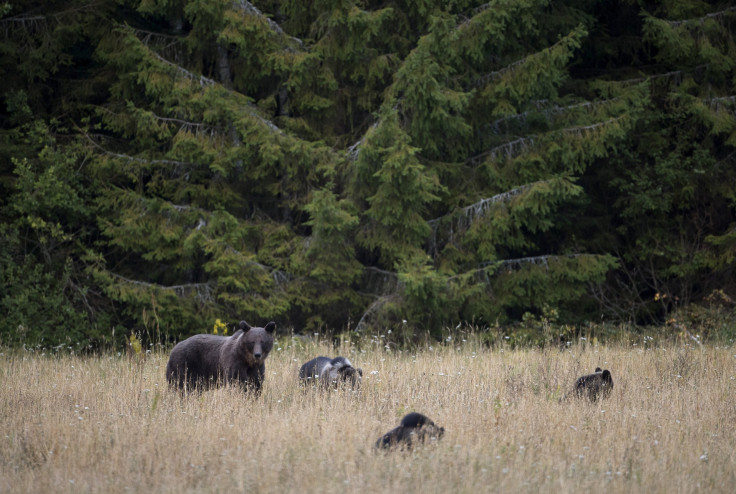Scientists discover ‘social mutants’ capable to wipe out entire biological communities

Scientists have discovered the organisms, called “social mutants,” capable of altering the whole ecosystem just by one gene mutation in a single species. These mutants were capable of causing significant health problems in people and could bring greater impacts, resulting to the extinction of a top predator.
The study, conducted by scientists at the Trinity College Dublin in Ireland, shows that such a small genetic change can cause the social mutants to completely alter communities and cause huge structural impacts across the multi-species microbial communities. However, the researchers said that the scope of the impact also covers large-scale ecosystems such as lakes, forests and marine systems, not just microbial populations.
"We know that predators are hugely important in influencing how ecosystems are structured, as they control the numbers and diversity of other species in the food web,” said Dr Ian Donohue, an assistant professor of zoology at Trinity. “It is incredible that such a small genetic change can cause these mutants to completely alter communities as much as the extinction of something as important as a predator."
To date, many ecological researches are focusing on the impacts of environmental change, such as deforestation and increasing temperatures, to determine the causes of species extinctions, and other effects on communities. However, the researchers said that changes in environmental conditions are potentially capable of triggering mutations and microevolution.
The microevolution may serve as a significant factor to shape the response of communities to environmental change, but it is currently being overlooked by other studies. The researchers said that there will be implications for disease researchers and drug developers as well as ecologists and geneticists after recognising their findings.
"Aside from the big-picture message, developing our understanding of the effects of bacterial behaviour on community composition might prove critical in the development of treatments aimed at manipulating our gut microbiota, for example," Donohue stated.
Contact the writer at feedback@ibtimes.com.au or tell us what you think below




















